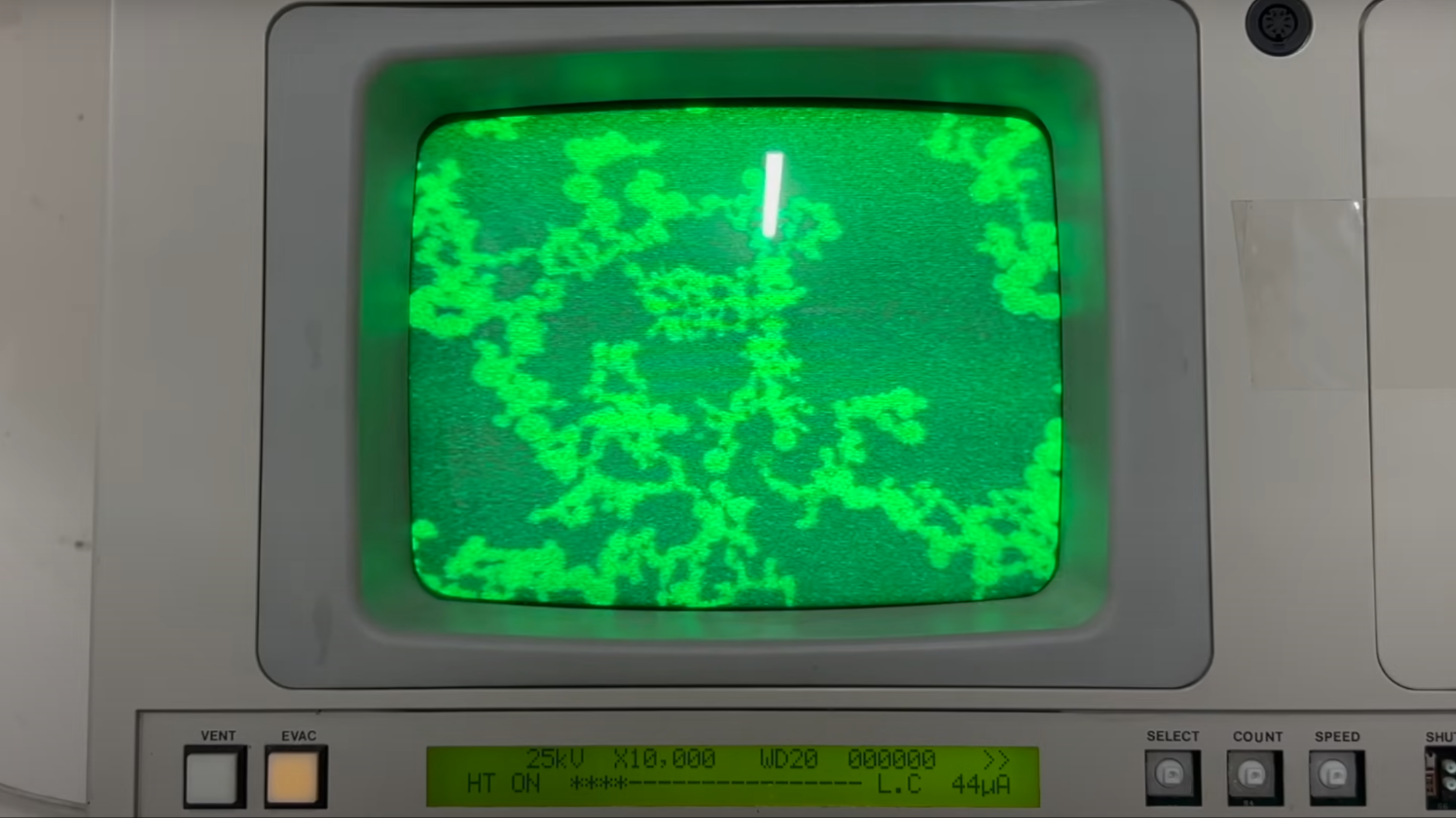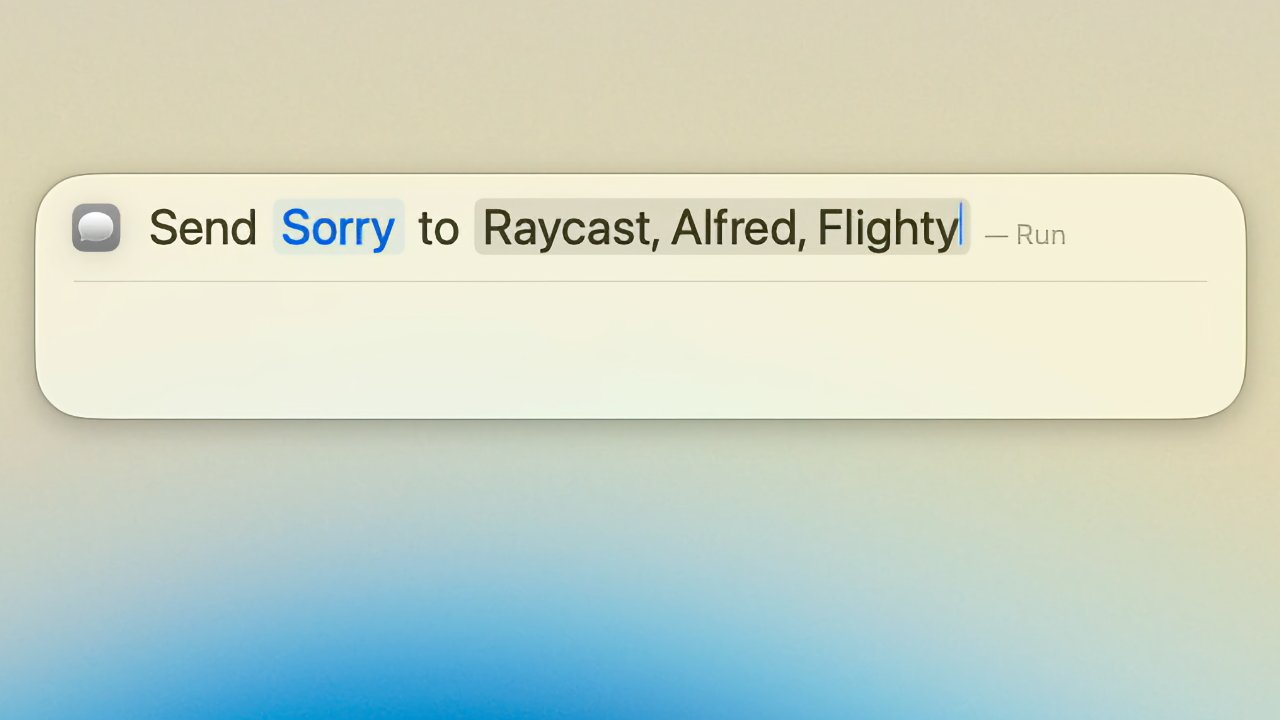Windows Common Log File System Driver Vulnerability Let Attackers Escalate Privileges
A critical security vulnerability in the Windows Common Log File System Driver (CLFS) enables attackers to escalate their privileges to SYSTEM level access. The vulnerability, tracked as CVE-2025-32713, was released on June 10, 2025, and affects multiple Windows operating systems from legacy versions to the latest Windows 11 and Windows Server 2025. The vulnerability stems […] The post Windows Common Log File System Driver Vulnerability Let Attackers Escalate Privileges appeared first on Cyber Security News.

A critical security vulnerability in the Windows Common Log File System Driver (CLFS) enables attackers to escalate their privileges to SYSTEM level access.
The vulnerability, tracked as CVE-2025-32713, was released on June 10, 2025, and affects multiple Windows operating systems from legacy versions to the latest Windows 11 and Windows Server 2025.
The vulnerability stems from a heap-based buffer overflow in the Windows Common Log File System Driver, classified under CWE-122: Heap-based Buffer Overflow.
Heap-Based Buffer Overflow in Windows CLFS Driver
Microsoft has assigned this vulnerability an “Important” severity rating with a CVSS 3.1 score of 7.8/6.8.
The CVSS vector string CVSS:3.1 indicates that while the attack vector is local, it requires low attack complexity and low privileges, with no user interaction needed.
The vulnerability’s attack characteristics make it particularly concerning for enterprise environments. An attacker who successfully exploits this flaw could gain SYSTEM privileges, representing the highest level of access in Windows systems.
The exploit assessment indicates that “Exploitation More Likely,” though Microsoft confirms that the vulnerability has not been publicly disclosed or exploited in the wild as of the disclosure date.
Security researcher Seunghoe Kim with S2W Inc. discovered and reported this vulnerability through Microsoft’s coordinated vulnerability disclosure program.
The heap-based buffer overflow allows authenticated attackers to manipulate memory allocation processes within the Common Log File System Driver, potentially leading to arbitrary code execution with elevated privileges.
Risk Factors Details Affected Products Windows Client OS: 10 (1607, 1809, 21H2, 22H2), 11 (22H2, 23H2, 24H2)
Windows Server OS: 2008, 2012/R2, 2016, 2019, 2022, 2025Impact SYSTEM-level privilege escalation Exploit Prerequisites Local system access, low-privilege user account CVSS 3.1 Score 7.8 (Important)
Affected Systems and Security Updates
The vulnerability impacts an extensive range of Windows operating systems, demonstrating the widespread nature of the Common Log File System Driver component.
Affected systems include Windows 10 versions 1607, 1809, 21H2, and 22H2, Windows 11 versions 22H2, 23H2, and 24H2, and multiple Windows Server editions, including Windows Server 2008, 2012, 2016, 2019, 2022, and the newest Windows Server 2025.
Microsoft has released comprehensive security updates across all affected platforms. For Windows 11 version 23H2, the security update KB5060999 brings systems to build 10.0.22631.5472.
Windows 10 version 22H2 users should update KB5060533 to reach build 10.0.19045.5965. Windows Server 2025 receives dual updates KB5060842 and KB5060841, updating to builds 10.0.26100.4349 and 10.0.26100.427,0, respectively.
Legacy systems aren’t forgotten in this patch cycle. Windows Server 2012 R2 receives Monthly Rollup KB5061018, updating to version 6.3.9600.22620, while Windows Server 2008 systems get updates KB5061026 and KB5061072, reaching version 6.0.6003.23351.
Organizations should prioritize the immediate deployment of these security updates given the vulnerability’s potential for privilege escalation attacks.
Microsoft recommends following standard security practices, including implementing defense-in-depth strategies, maintaining updated endpoint protection, and monitoring for unusual privilege escalation activities in security logs.
Automate threat response with ANY.RUN’s TI Feeds—Enrich alerts and block malicious IPs across all endpoints -> Request full access
The post Windows Common Log File System Driver Vulnerability Let Attackers Escalate Privileges appeared first on Cyber Security News.















































































































































![Top Features of Vision-Based Workplace Safety Tools [2025]](https://static.wixstatic.com/media/379e66_7e75a4bcefe14e4fbc100abdff83bed3~mv2.jpg/v1/fit/w_1000,h_884,al_c,q_80/file.png?#)































![[The AI Show Episode 152]: ChatGPT Connectors, AI-Human Relationships, New AI Job Data, OpenAI Court-Ordered to Keep ChatGPT Logs & WPP’s Large Marketing Model](https://www.marketingaiinstitute.com/hubfs/ep%20152%20cover.png)






















































































































![[DEALS] Microsoft Visual Studio Professional 2022 + The Premium Learn to Code Certification Bundle (97% off) & Other Deals Up To 98% Off](https://www.javacodegeeks.com/wp-content/uploads/2012/12/jcg-logo.jpg)



















































































































-0-6-screenshot.png?width=1920&height=1920&fit=bounds&quality=70&format=jpg&auto=webp#)























































































































![Someone is selling a bunch of those rare Essential ‘Gem’ phones for $1,200 [Gallery]](https://i0.wp.com/9to5google.com/wp-content/uploads/sites/4/2019/10/next-essential-phone.jpg?resize=1200%2C628&quality=82&strip=all&ssl=1)














![Apple Shares Teaser Trailer for 'The Lost Bus' Starring Matthew McConaughey [Video]](https://www.iclarified.com/images/news/97582/97582/97582-640.jpg)





































































